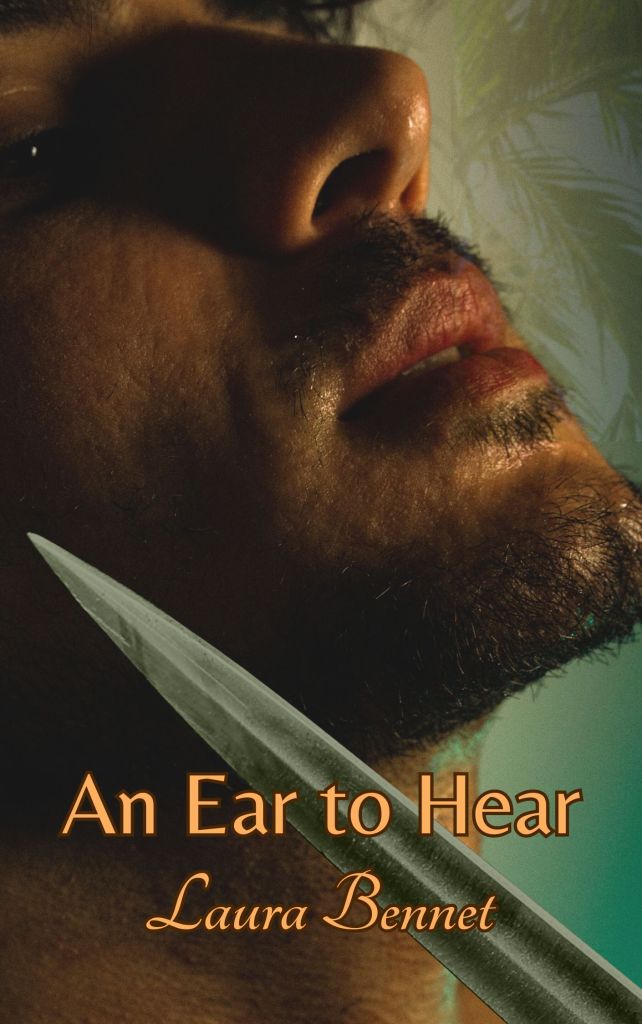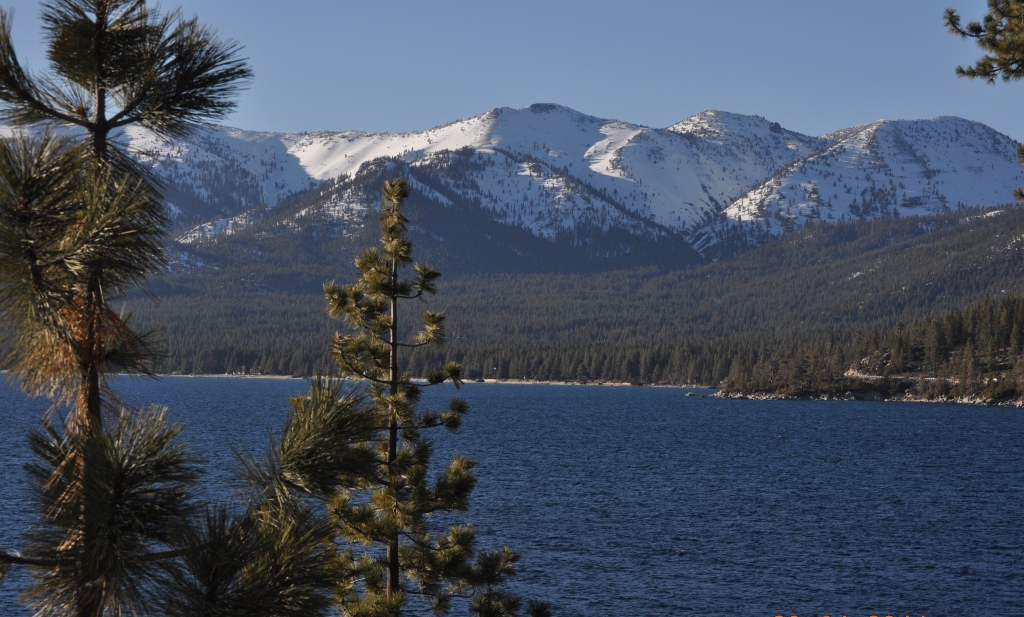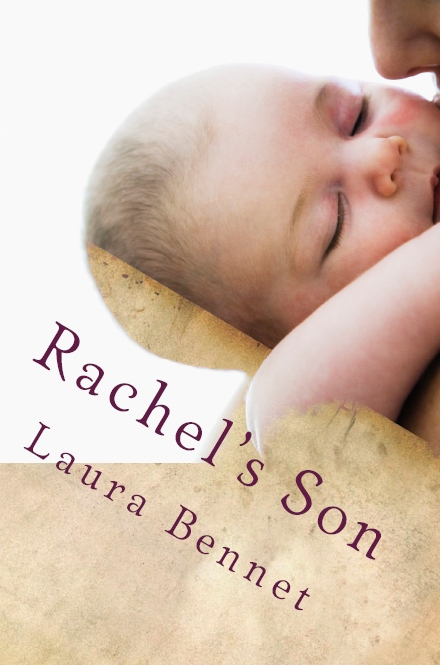Not My Will

On the night Jesus was taken into custody, he went to the garden to pray. He asked his disciples to pray as well.
“Pray that you will not fall into temptation.” Luke 22:40
The word for fall in the original language is actually “enter. In all the years of reading this verse, I always thought Jesus wanted them to pray for him, and I didn’t understand what temptation they would “fall” into.
However, recently in reading this I had a different perspective.
Jesus, in his actions and focus before going to the cross, was giving the disciples (and all of us) an example of how to face suffering. He knew that persecution, torture, and death were coming not only for him, but also for many of his followers.
While we weren’t there in the garden, but I believe, based on the words we do know, that Jesus was praying for God’s strength to allow him to surrender to his Father’s will; for God’s glory and our redemption to be accomplished.
For a greater purpose than simply not suffering.
Perhaps the temptation we can enter is running away from hard things in fear; to decide that God would never allow suffering; to choose our will over his.
That’s our natural inclination, right? Who wants to suffer?
Remember when Jesus told the disciples what was ahead, but Peter refused to accept it? Jesus told him that he was listening to/speaking like Satan. Jesus said he didn’t have the things of God in mind. (Matt.16:23)
When I examine these scriptures together, it makes me consider a purpose beyond my assumptions.
I know that Isaiah 53 tells us that Jesus took our pain, and that by his wounds we are healed. I truly believe that healing is ours because Jesus took all of God’s wrath for our sin on him. Those blows to his body were meant for me, but he interceded on my behalf.
But I’m a little more cautious of believing that Jesus heals because he doesn’t allow suffering, and that his death means we shouldn’t need to suffer. We live in an evil world in which Jesus himself said we would have trouble. Many followers of Jesus have suffered greatly and still are. Yes, he has overcome the world by his death and resurrection, and one day we will live without suffering of any kind.
But everything he does is to lead us to him. To reveal his glory and bring us good.
I think the problem is that we only see suffering as bad. We see death as bad. Paul claimed that to die was gain.
Of course that is our initial and normal view. We’re human and don’t want to experience any kind of pain physically, emotionally, or mentally. It hurts. We are naturally built to avoid pain. I don’t purposely set my hand on a fire. I’m sure you don’t either. And I’m not suggesting we should look for it.
But what if suffering is what turns our heart to God? Or develops a maturity in us that is like Christ?
Yes! I want to be healed. I believe 100% that Jesus is my healer. I proclaim that every day. BUT I’m so grateful for every way suffering and pain has humbled me, brought me to my knees, and forged such a sweet intimacy with Jesus.
I pray the way I handle suffering brings glory to him. I pray the manifestation of my healing does the same. But what if the way I deal with my pain brings more glory to him and causes me to be closer to him than healing me would?
I know the enemy uses pain; inflicts more on me in times when God is doing something big in our lives. He tries to weaken me and make me tempted to sin in my pain. It’s easier to lash out, be cynical, or become bitter and discouraged. I’m definitely at my weakest in pain.
And that is when God is my strength. In pain is when I cry out to Jesus even more; pray in the Spirit because I don’t have words; and seek his power more because I simply don’t have any. It’s where I’ve learned to rest in him.
In that place, I pray I respond graciously to life in spite of the pain instead of becoming bitter and complaining. If so, I show his victory in me and bring glory to God.
Jesus asked if there was another way. Could the cup of suffering be removed from him? He asked his followers to pray in the same way he prayed. He knew they would face suffering just as he was about to. But his choice was surrender and to proclaim, “Not my will.”
I’m so grateful he chose surrender and humility. Aren’t you?
Can I do that? Can we chose that?




